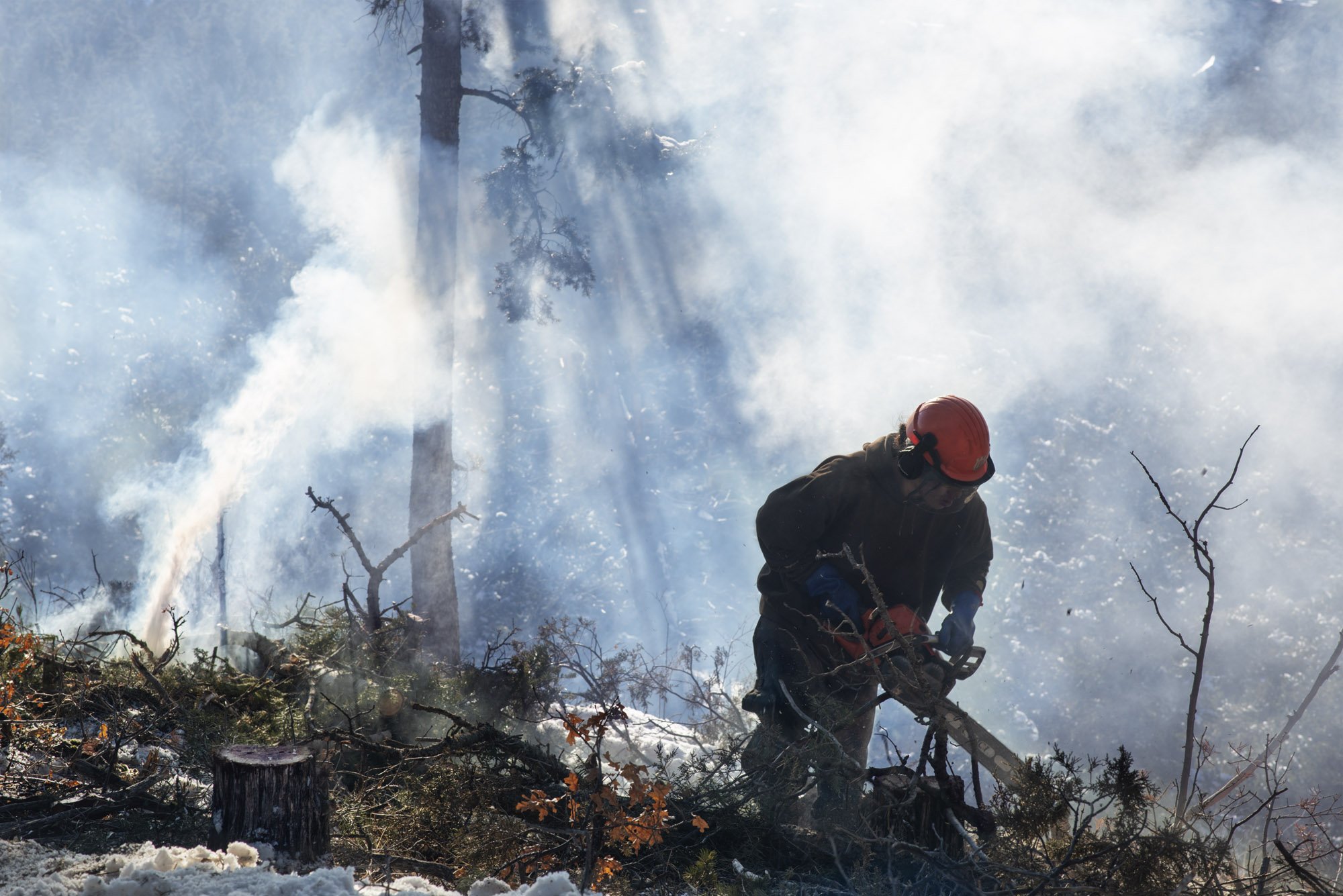
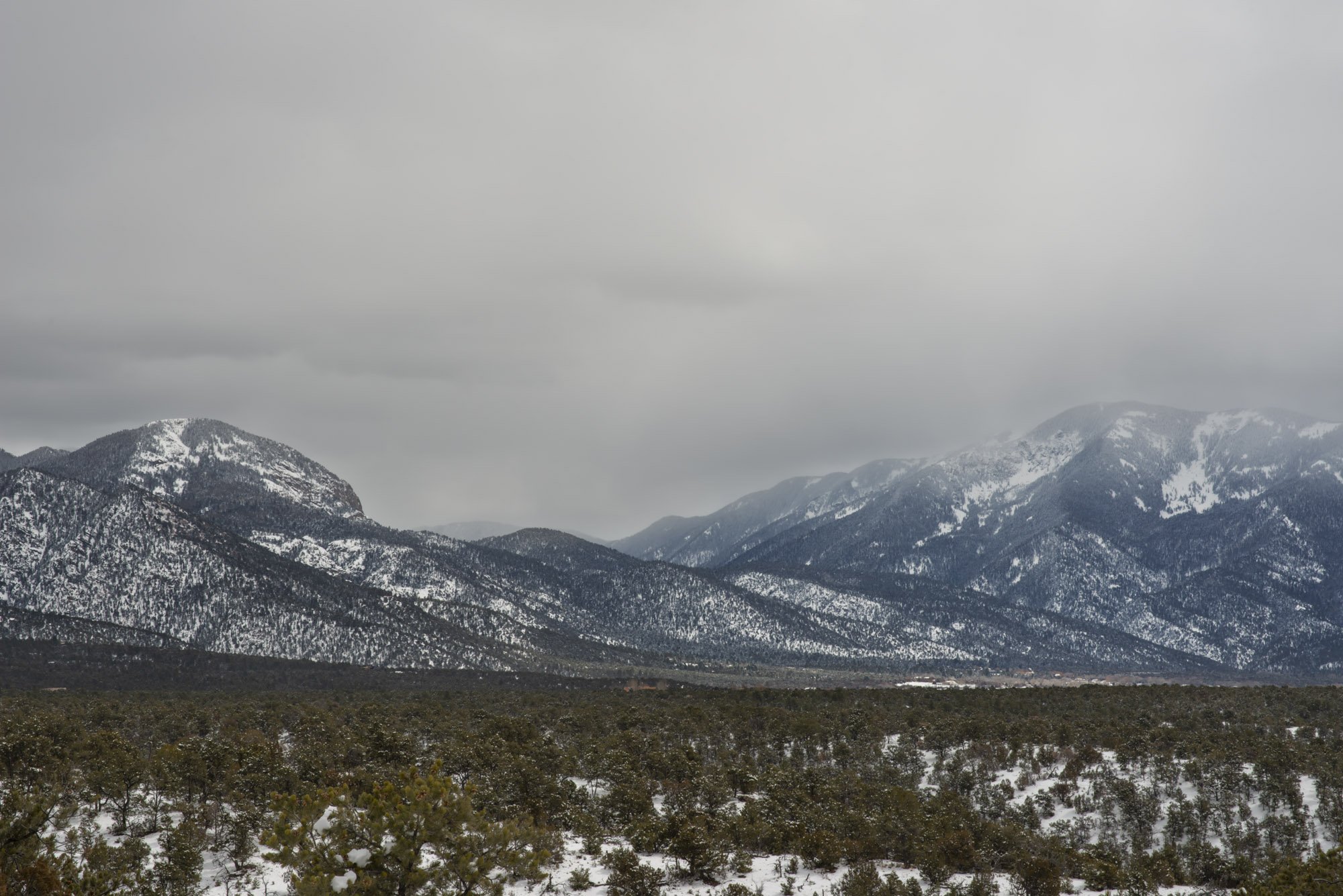
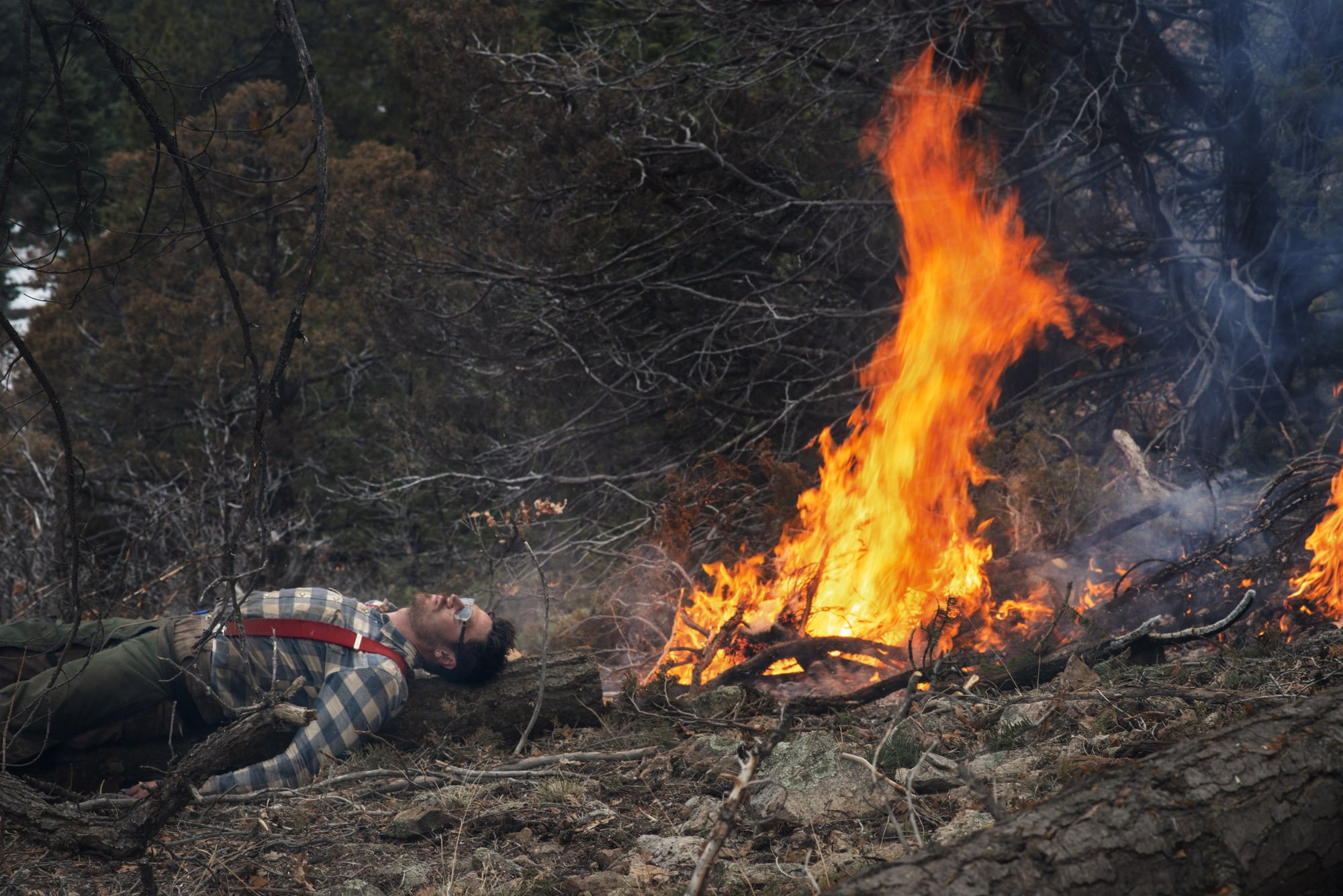
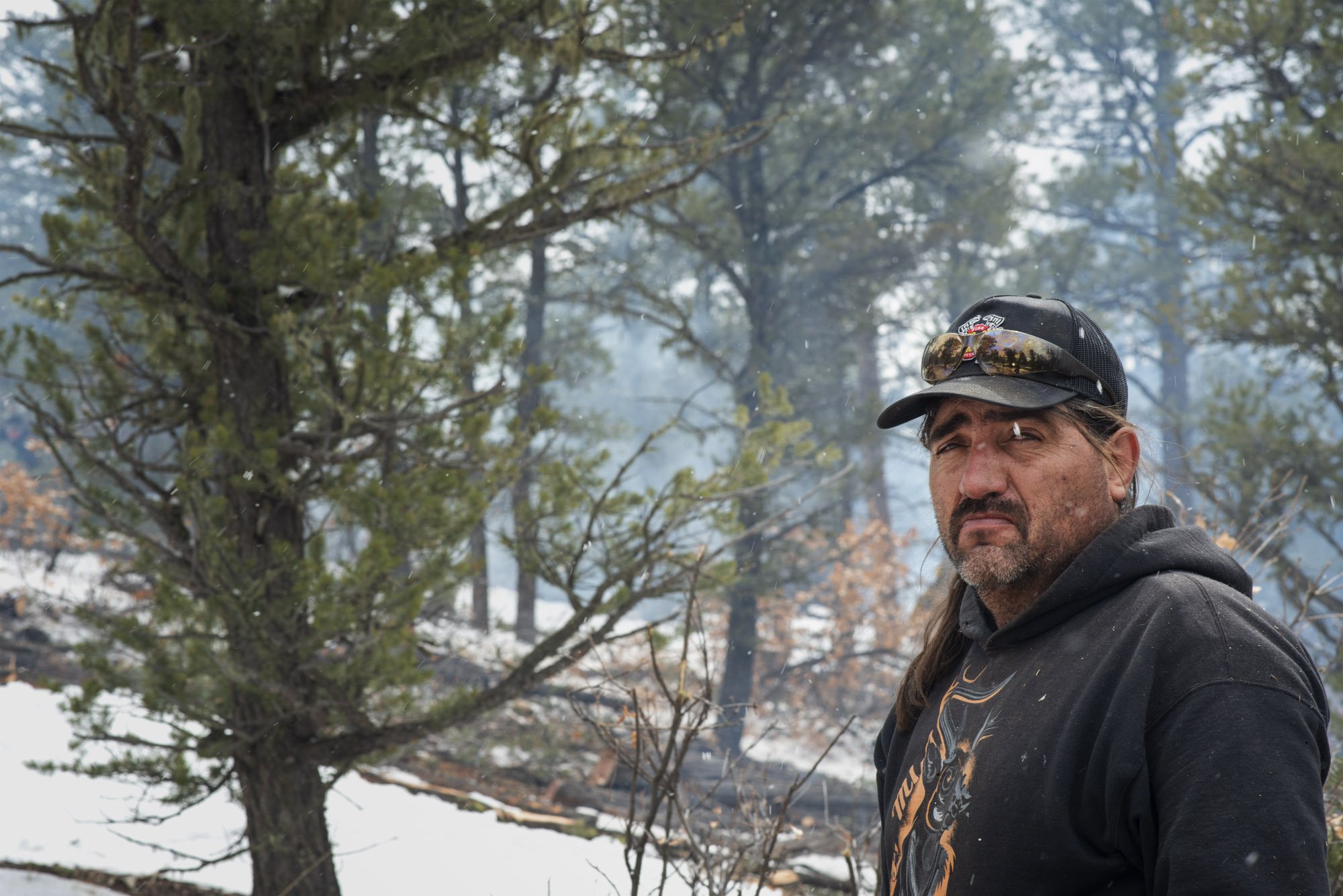
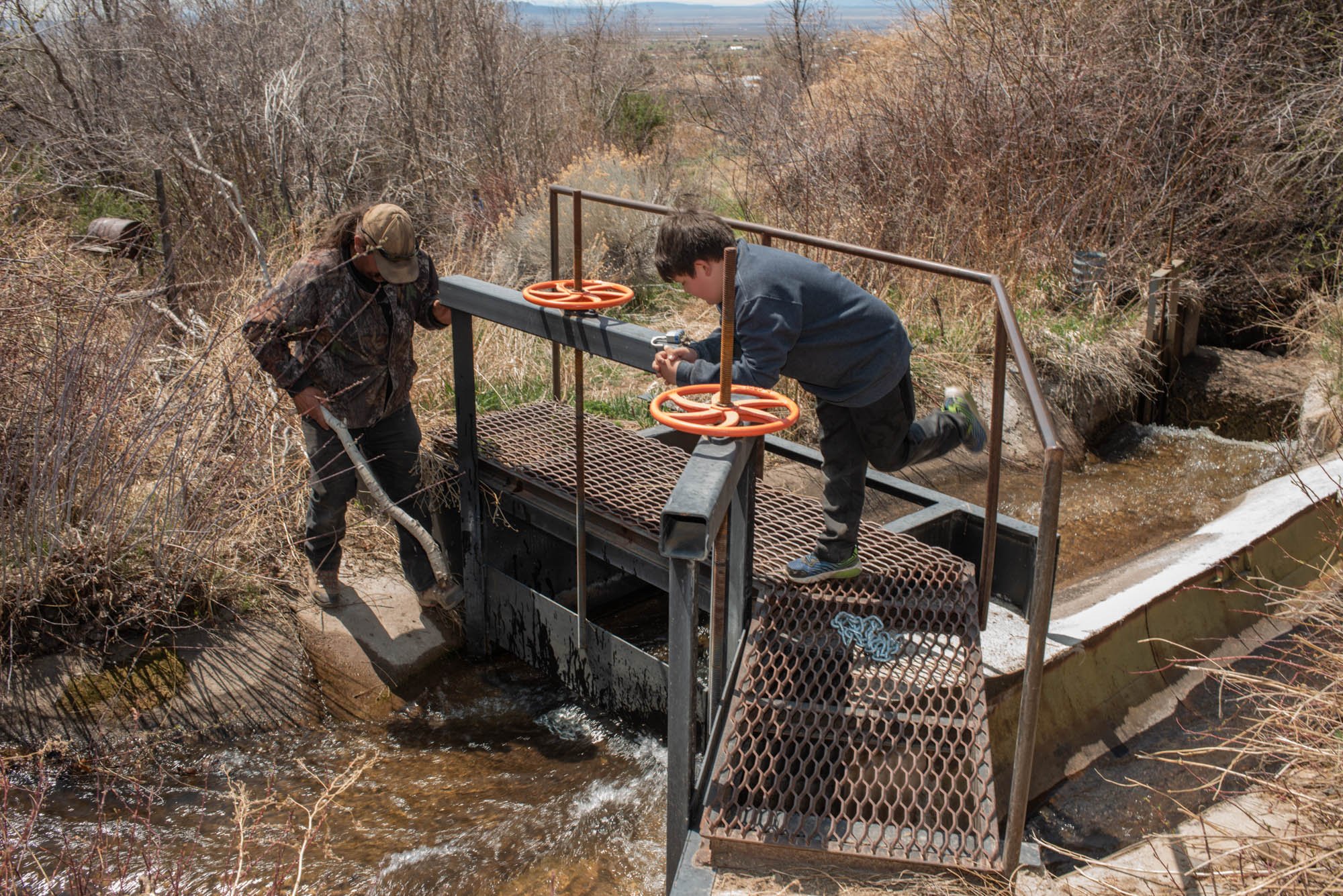
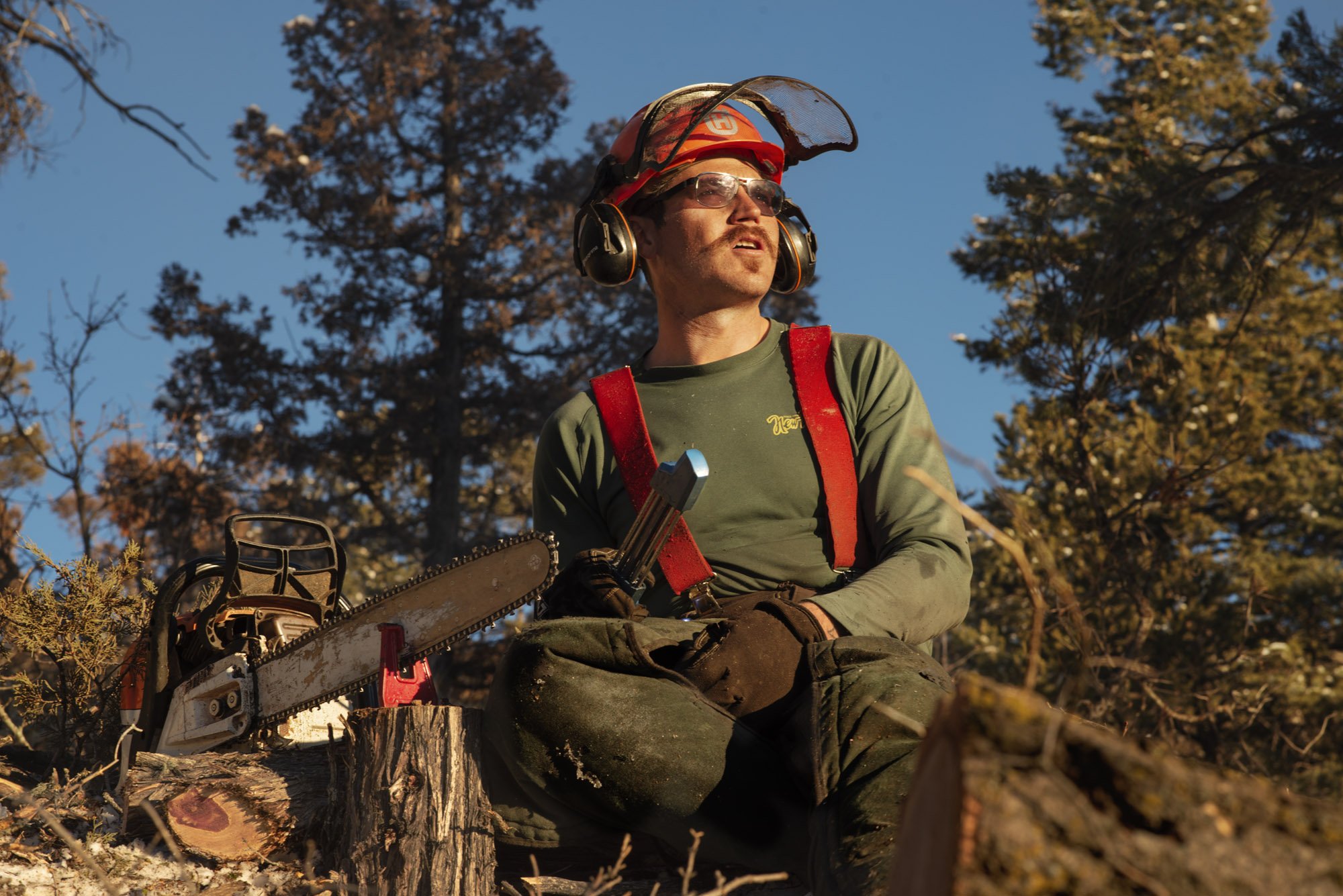
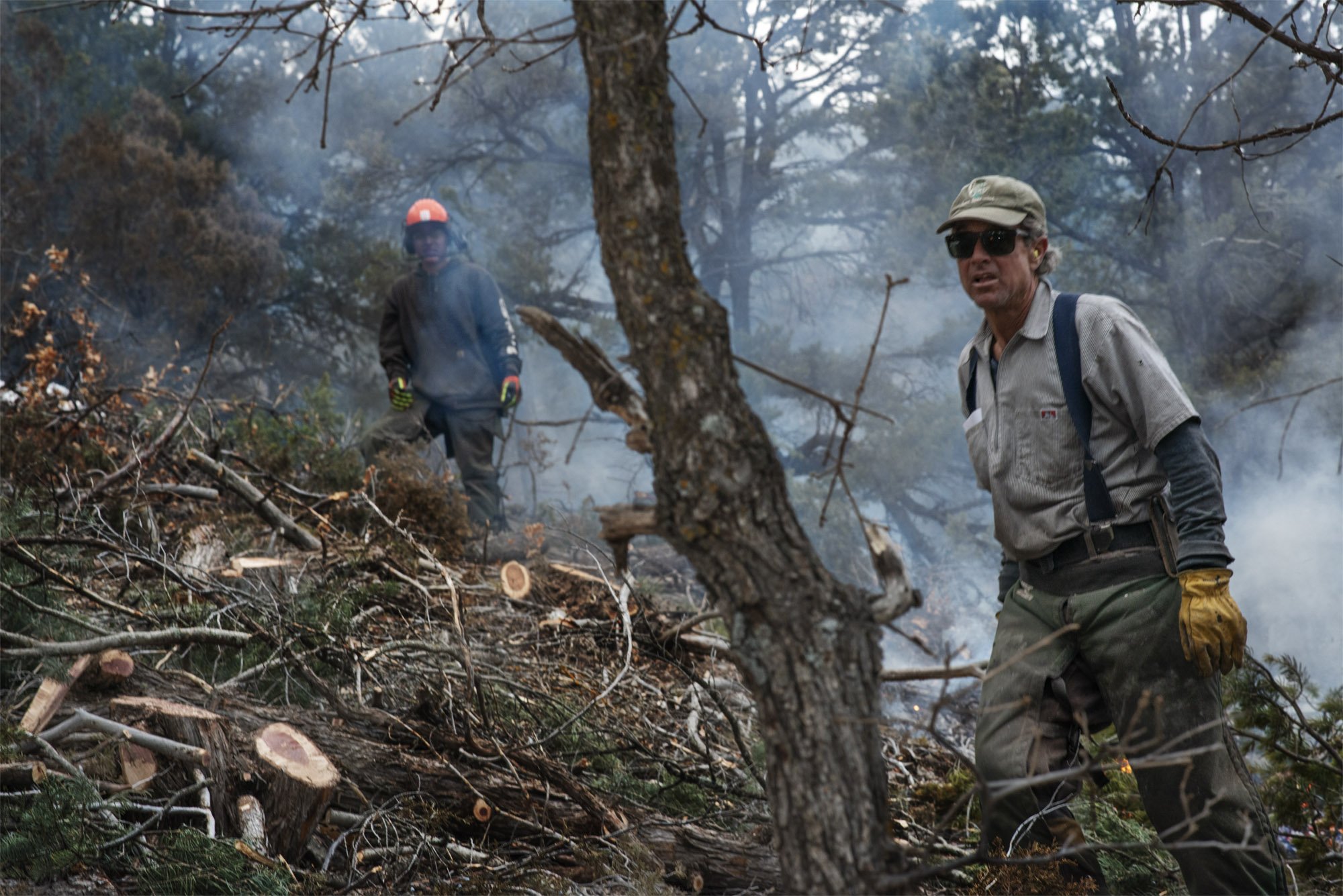
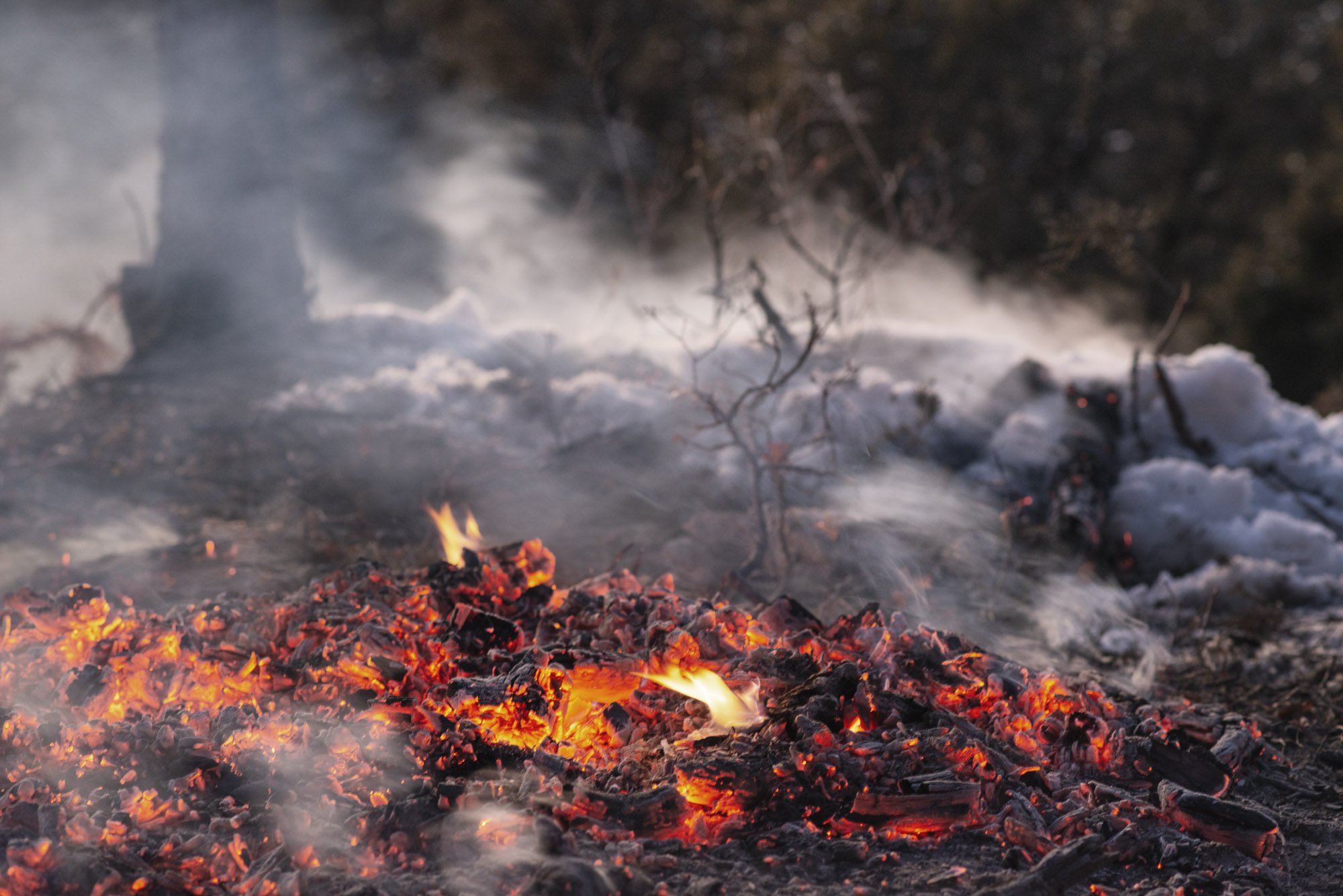
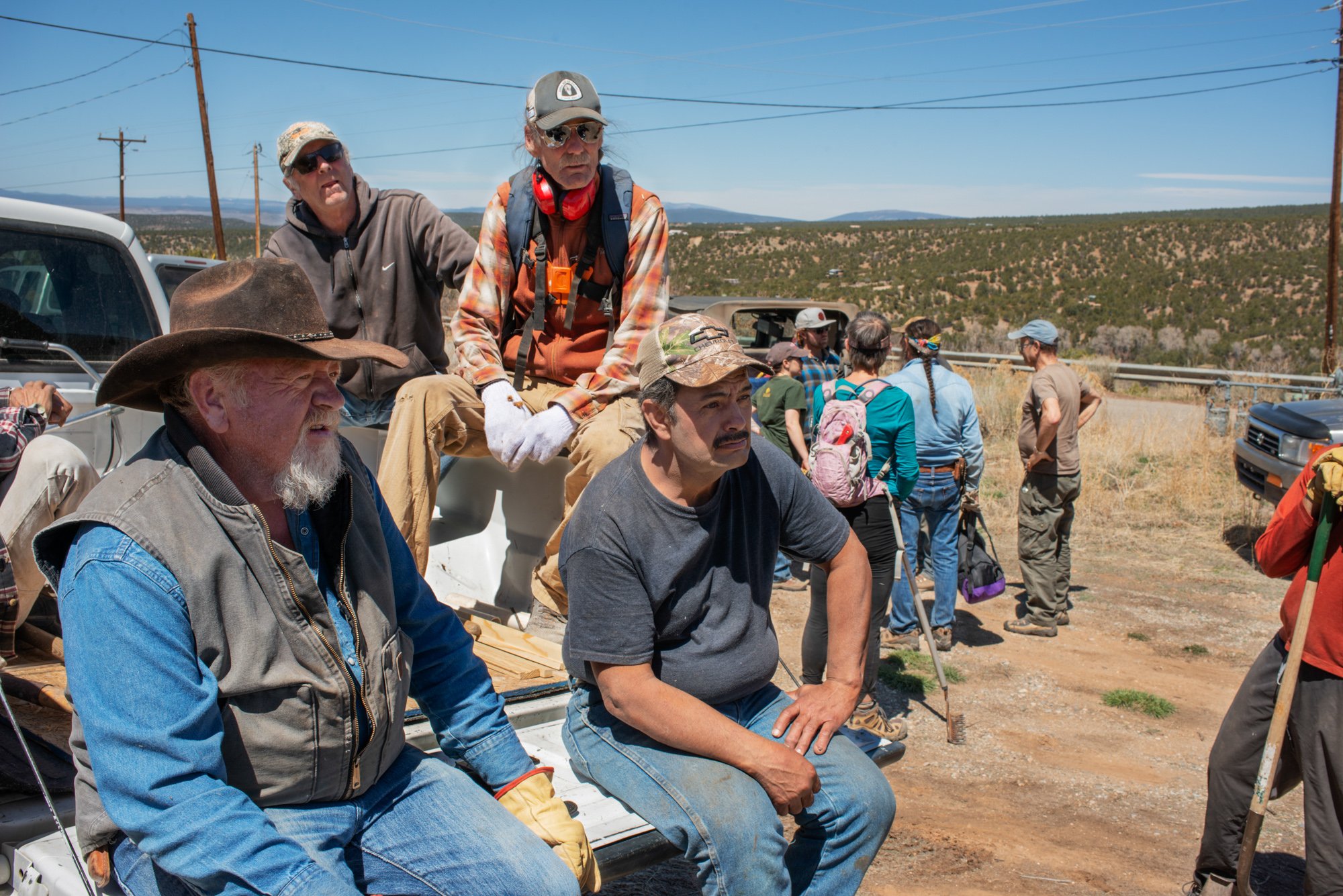
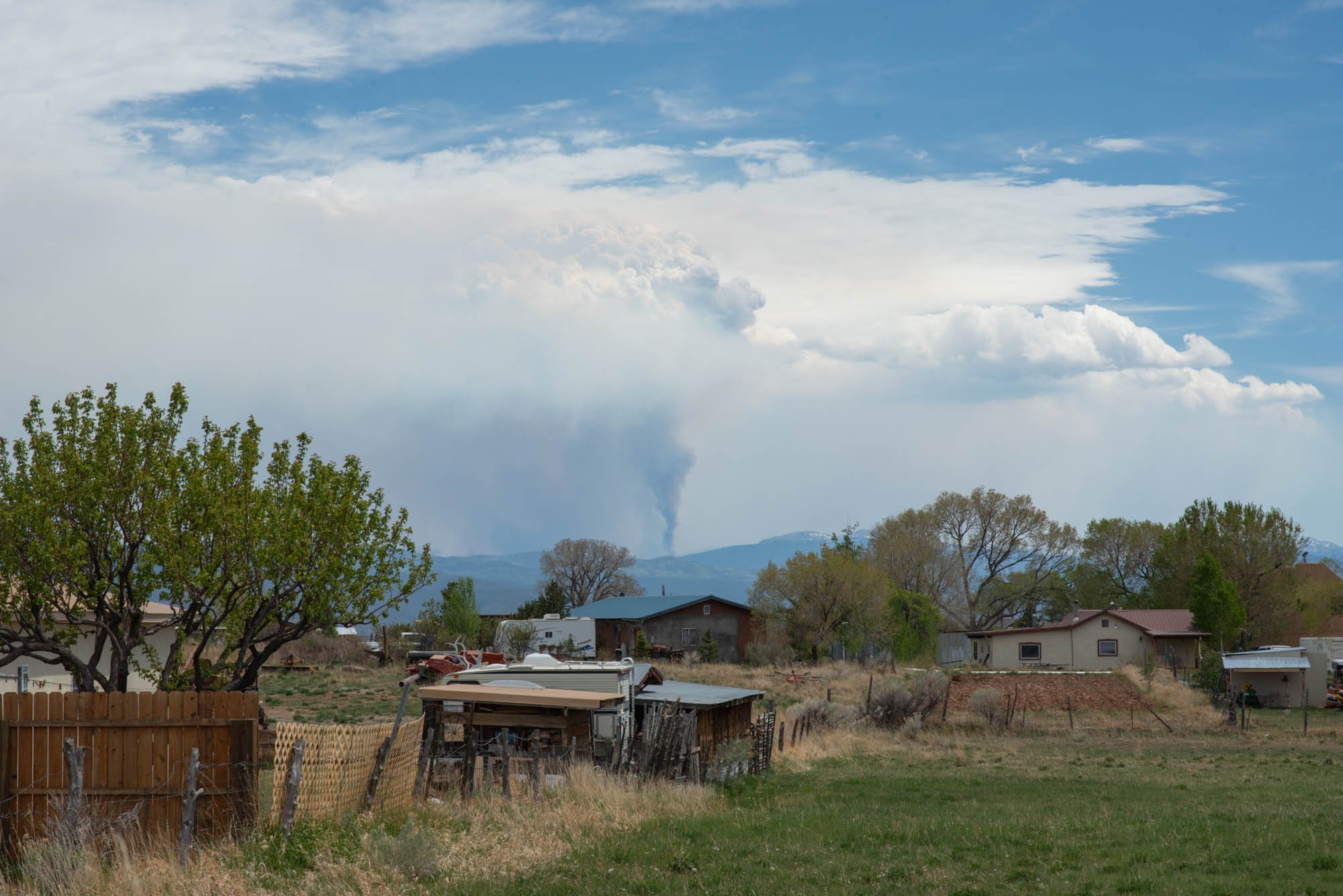
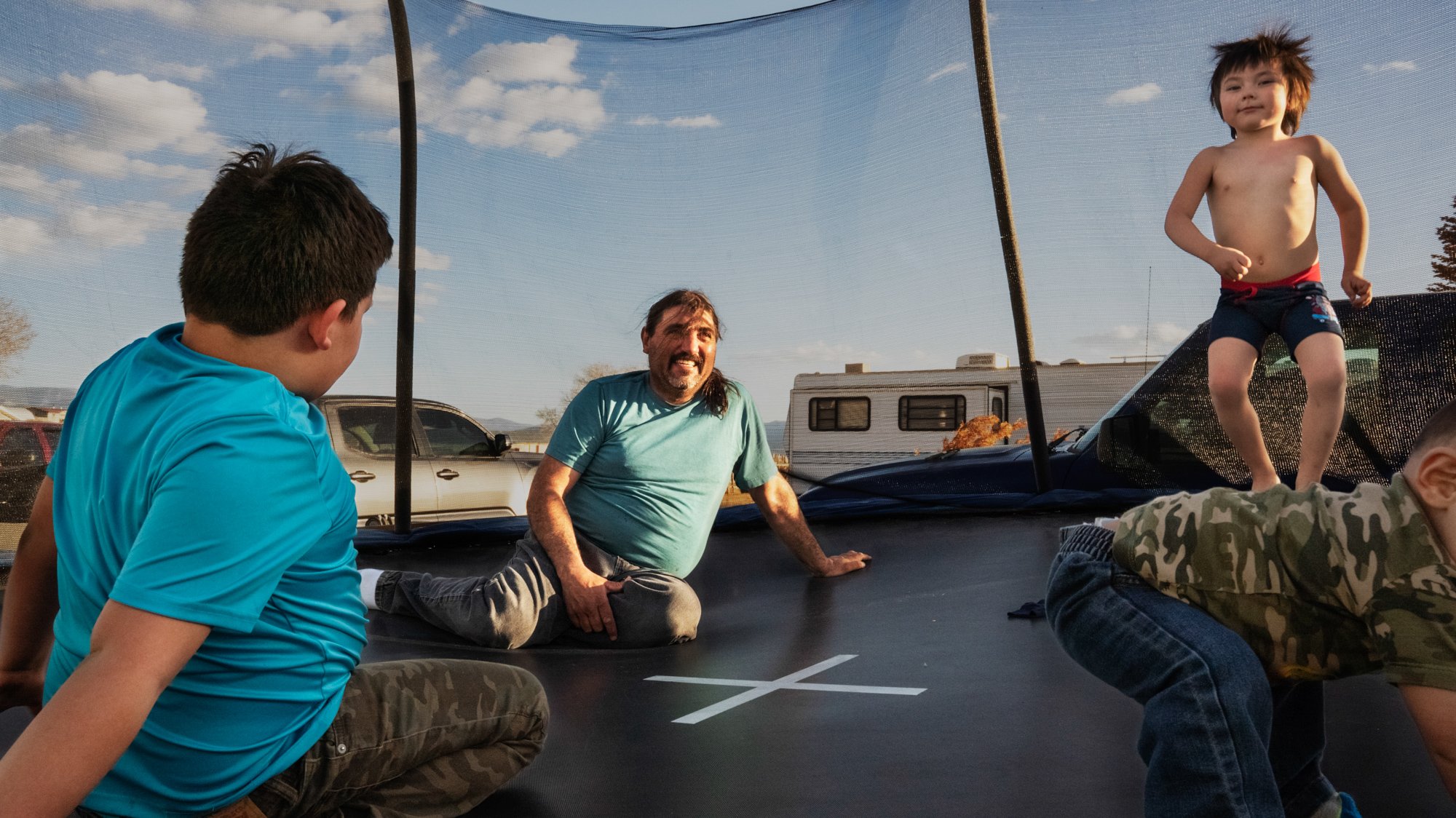
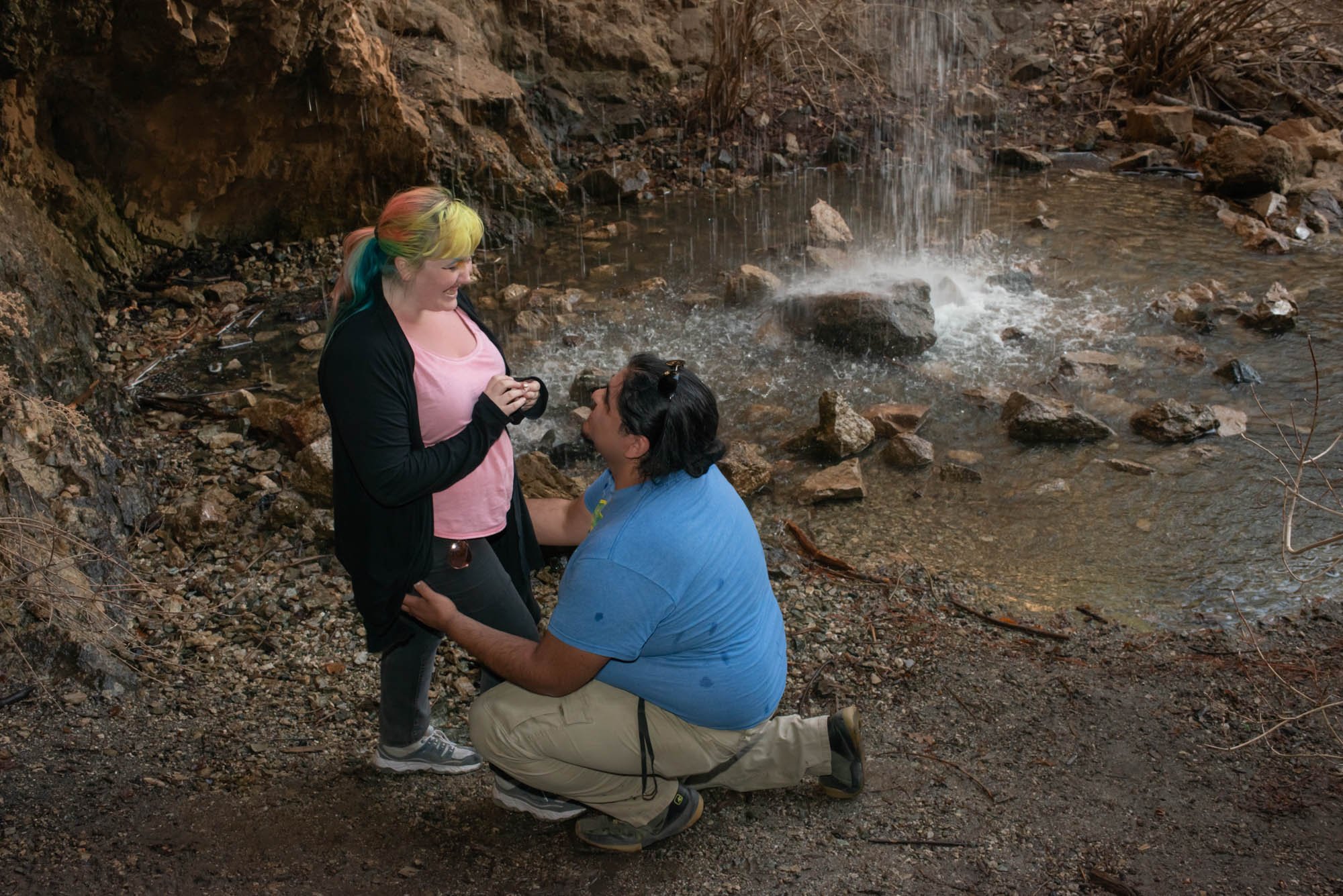
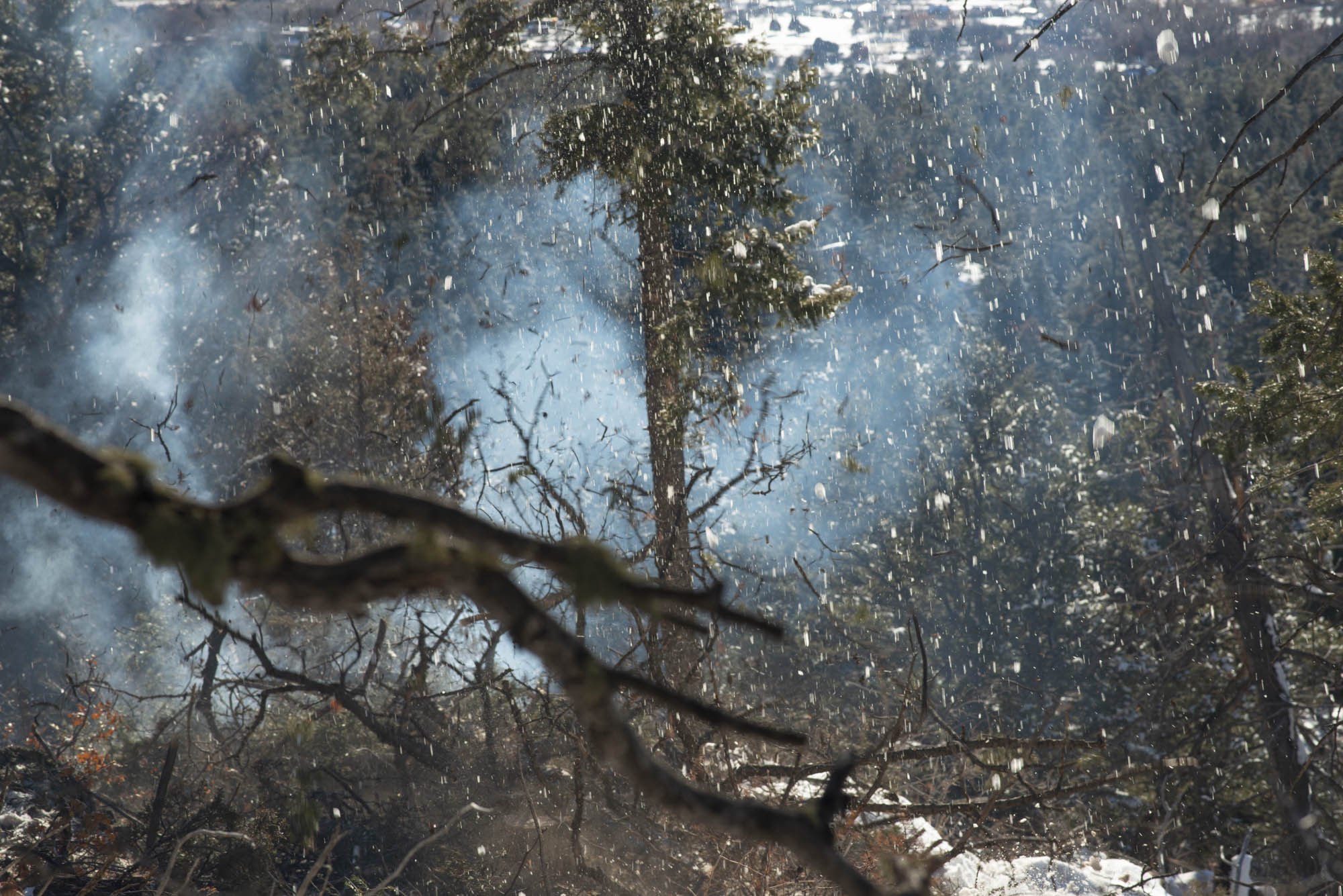
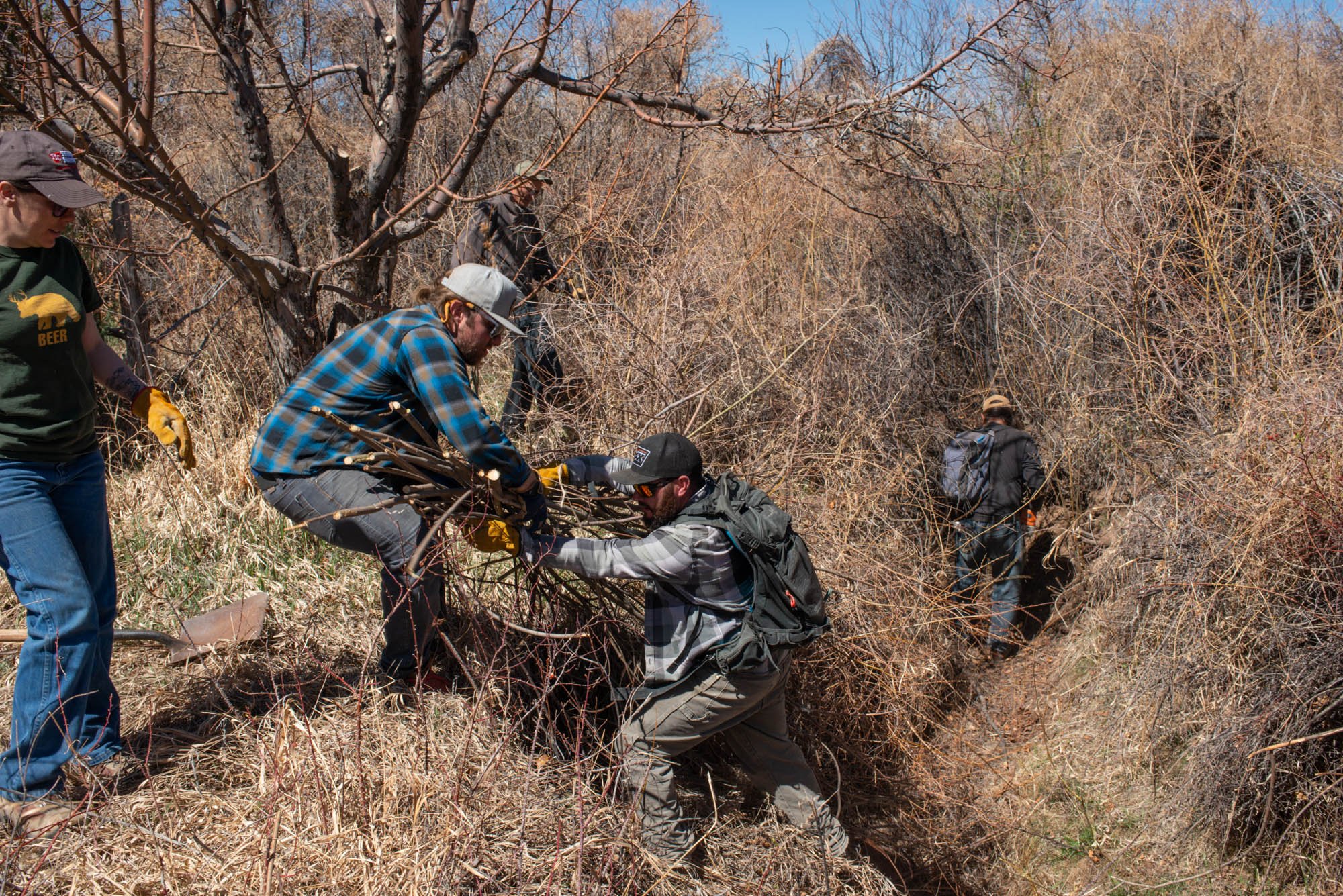
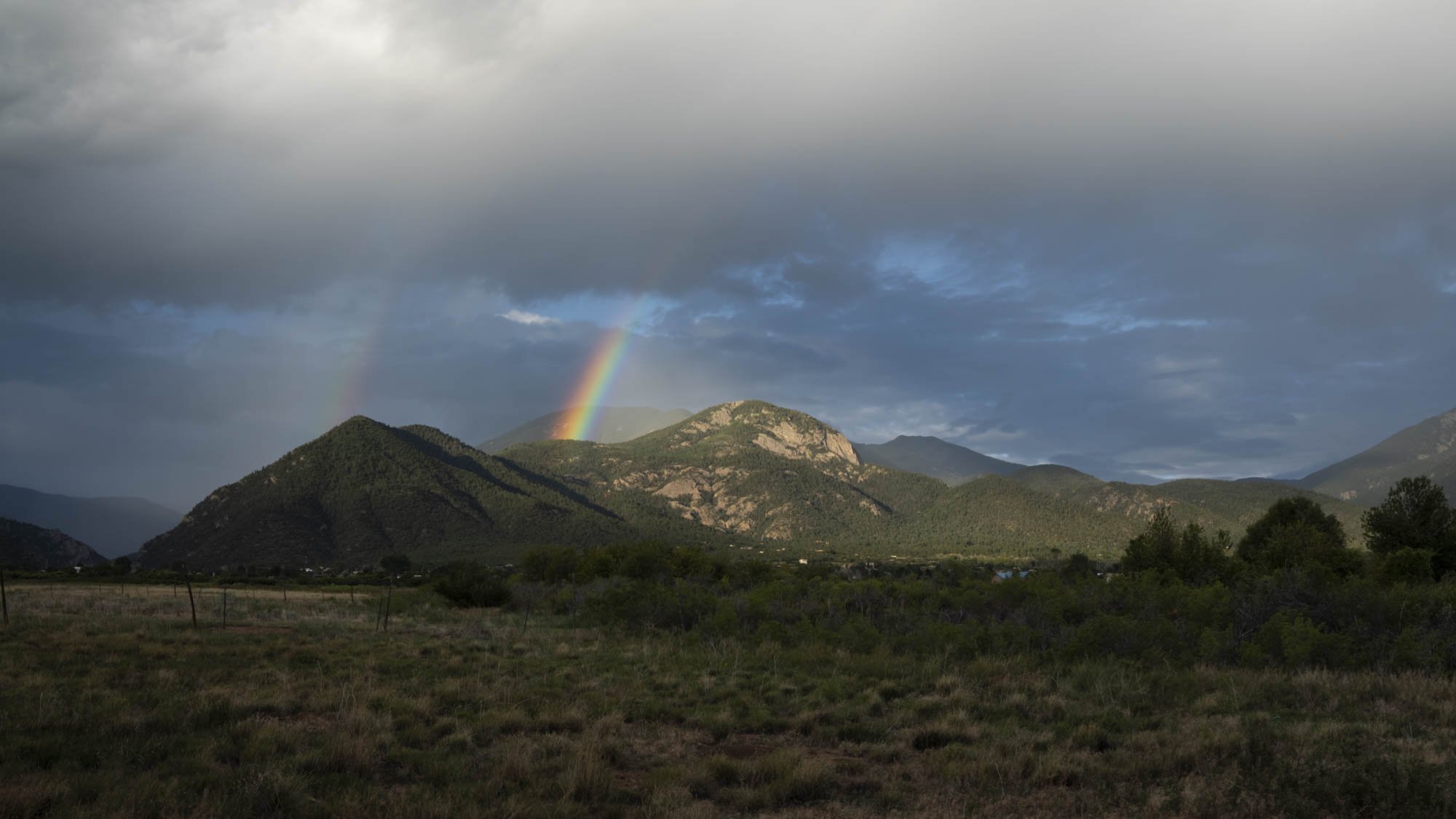
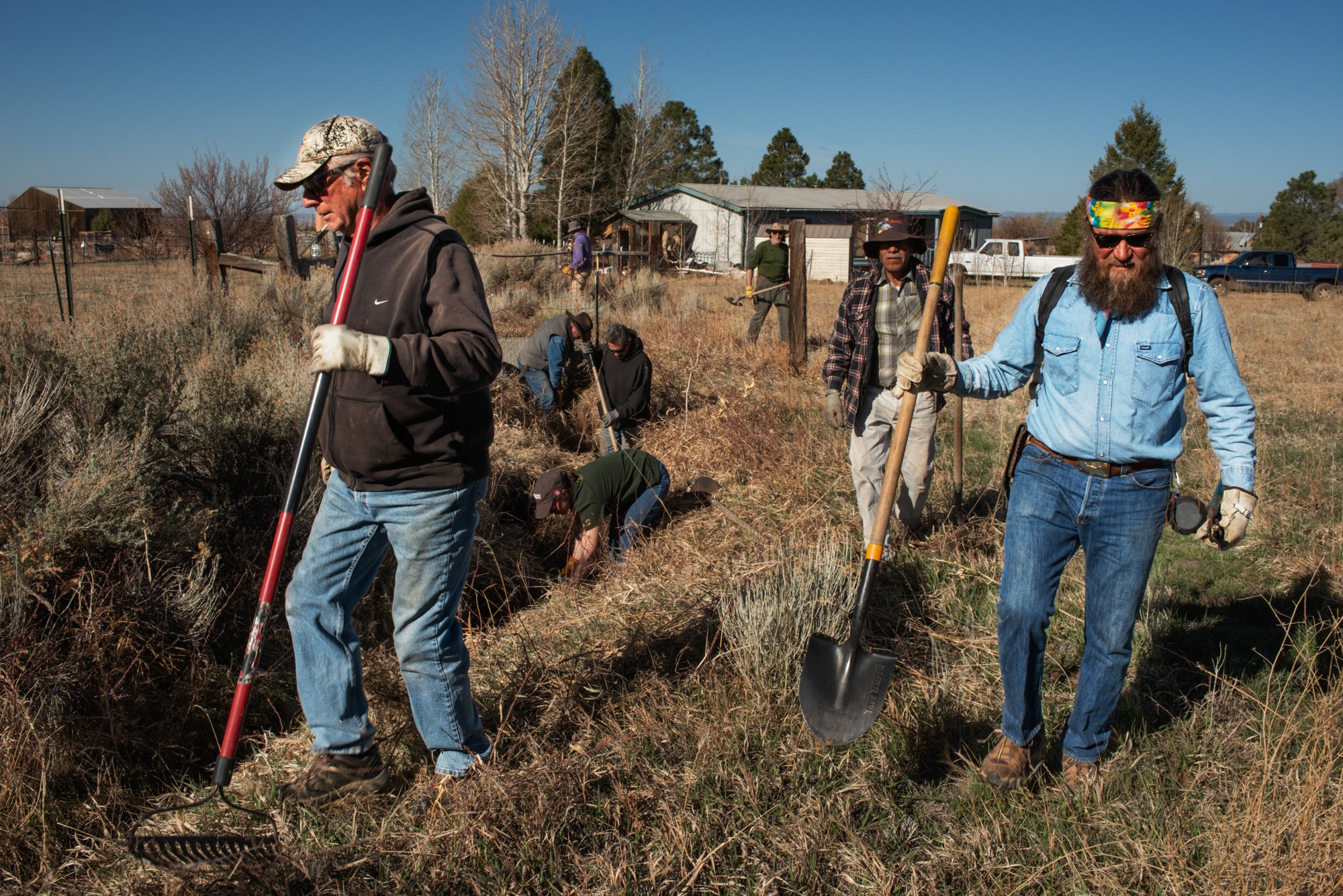
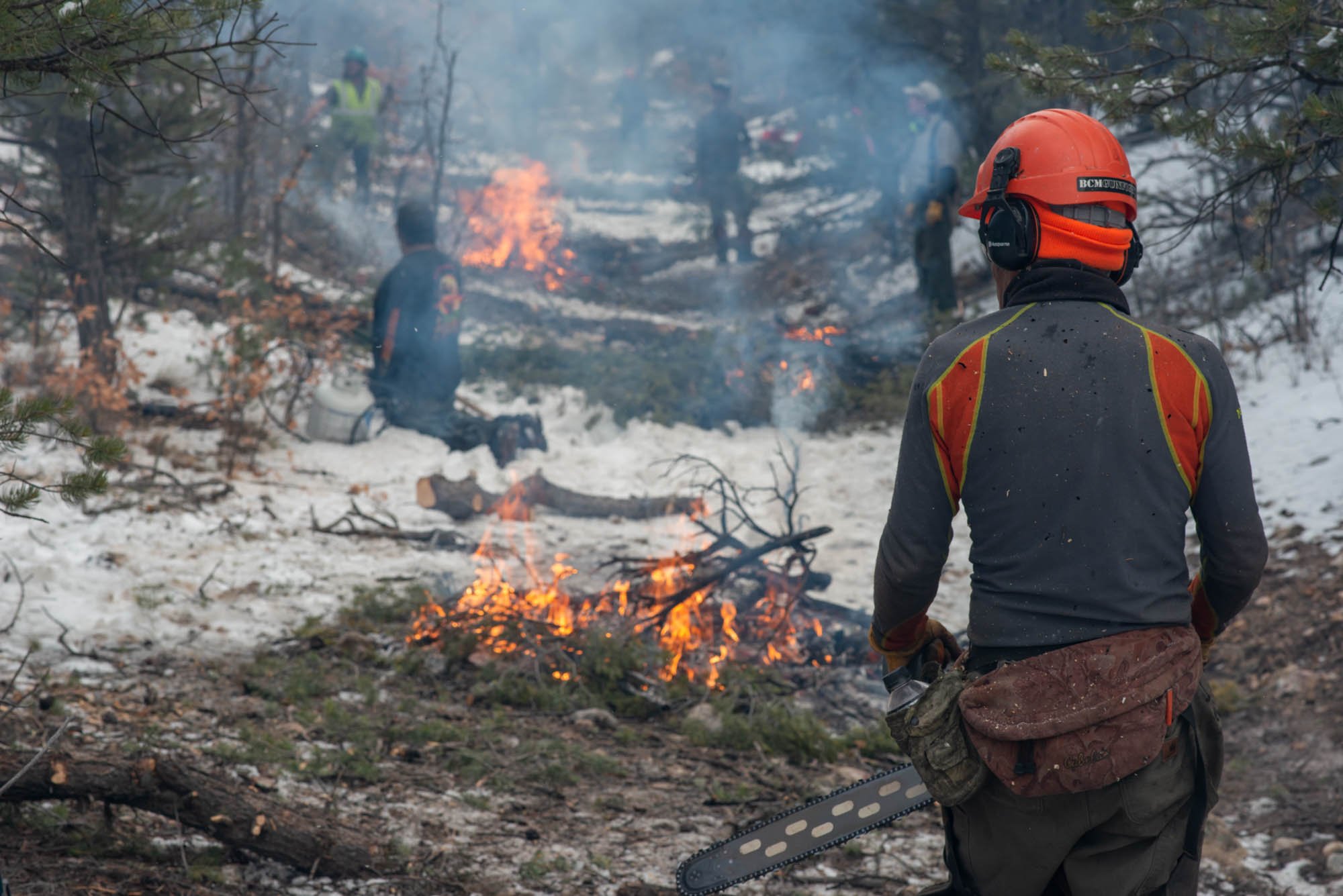
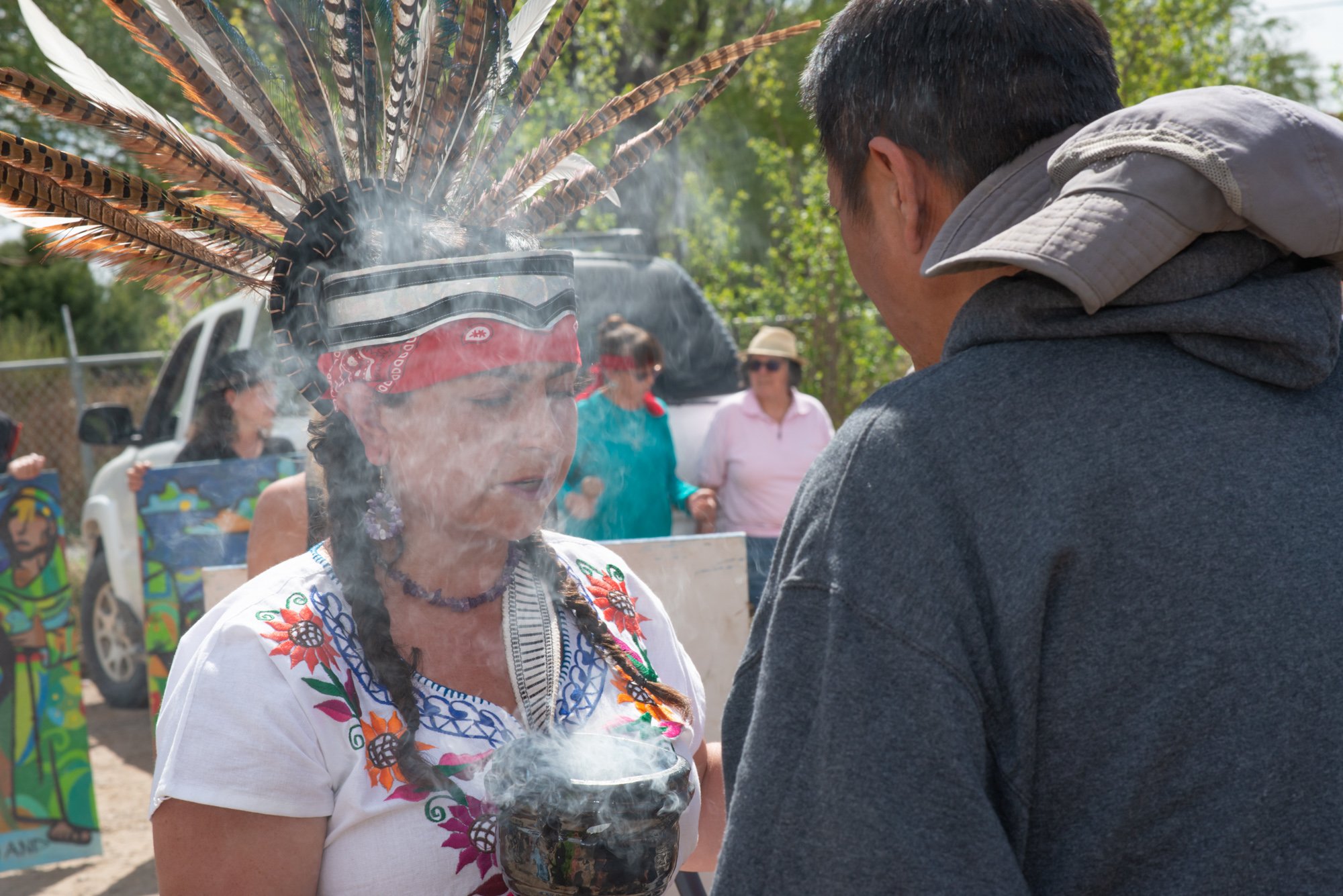
WORDS & IMAGES BY JOSHUA BERMAN
Situated ten miles north of the mountain town of Taos in northern New Mexico are interconnected villages, El Salto and Arroyo Seco. Resilient communities, their stewards combine traditional and modern practices to protect, sustain, and reinvigorate the land for future generations to come.
In the face of a changing climate, vulnerability to catastrophic wildfire, outside interests looking to encroach on the pure water supply, and a historic land grant collective under financial duress, this story focuses on Querencia, a colloquial Spanish term that refers to a sense of place from which a community draws its strength.
Interculturally dynamic, the people of these villages hold a strong sense of family and a devotion to community management and engagement of the land and watershed throughout the seasons, from fire mitigation efforts, to acequia cleaning, to a touch of the sacred.
FROM THE STORYTELLER
“This project has been deeply and personally meaningful to me engaging with the local community and land that I've called home for the better part of the past 25 years. My intention has been to document traditional and modern practices of land and water management to serve as an educational model for sustainability in the face of the current climate crises.
The work has proved grueling, especially lugging my gear into wild terrain in the heart of winter that was then subjected to the shifting elements and temperatures, and clouds of smoke, ash, and dust.
In the end, I've been able to document a story that I feel encapsulates the community dynamics and efforts that are made to thoughtfully steward the land for functionality and sustainability, with an eye towards guiding the generations to come. After taking a summer hiatus, I plan on continuing to document this story through the autumn months.”
This story is the recipient of a PWB Micro-Grant.





